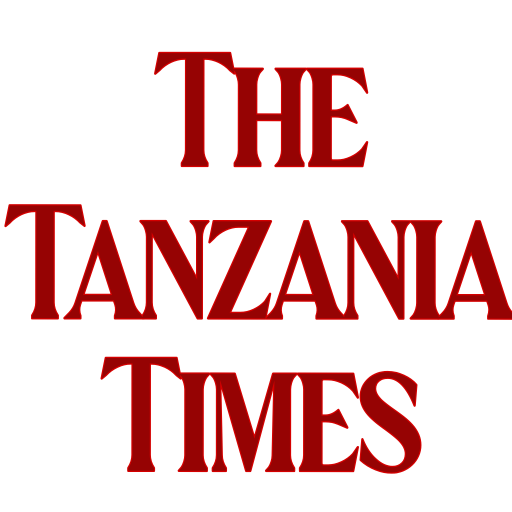Kenya’s Presidential Candidate, Raila Odinga who lost in the 2022 polls cannot refer his election case to the African Court in Arusha.
African Court’s President, Lady Justice Imani Daud Aboud explains that Kenya is not among the countries that have ratified the protocol establishing the African Court on Human and People’s Rights.
Therefore, that means the only way anybody from Kenya can ever take a case at the continental legal institution must be through the African Commission.
According to the African Court’s President, Aboud, the Kenyan Election case and other similar appeals from the country must first be submitted to the African Commission.
The African Commission will then determine whether to refer the matters to the court in Arusha or not.
Lady Justice Aboud explains further that the decision of the Supreme Court of Kenya, which is the highest legal decision making entity in the country can only be challenged via the African Commission.
The Supreme Court of Kenya ruled in favor of Kenya’s new President, William Ruto who won the country’s polls.
The court made the ultimate ruling on Odinga’s petition contesting the August 2022 election results.
The apex court ruled that the Azimio la Umoja coalition which fronted Odinga in the presidential race, did not provide sufficient evidence to prove the discrepancies were as a result of fraud.
As he was holidaying in Zanzibar, Raila stated that he was planning the next step in claiming ‘justice’
A number of online posts then went viral claiming that Odinga was intending to forward his case at either the African Court or the East African Court of Justice, both operating in Arusha, Tanzania.
However, the African Court says the Azimio group cannot file a case at the facility, as Kenya is yet to ratify the Pan-African court.
Thirty-one African countries have so far ratified the protocol establishing the African Court.
Among them only nine have made a special declaration allowing individuals and NGOs to submit cases directly to the court.

The countries that have made declarations include Burkina Faso, Ghana, Malawi, Mali, Rwanda, Republic of Côte d’Ivoire, Tunisia, the Gambia and Tanzania, which hosts the court in Arusha City.
Meanwhile the African Court on Human and Peoples’ Rights has just delivered 17 decisions on cases filed from various countries across the continent.
The rulings were made during the close of its four-week 66th Ordinary Session at the seat of the Court in Arusha.
From Arusha to Europe
On the other hand, the African Court on Human and Peoples’ Rights Judges is undertaking a five-day peer-to-peer visit to the European Court of Human Rights, the International Court of Justice and the International Criminal Court.
The visit takes four days between September 26 and September 30, 2022.
The mission is to enable court officials to exchange experiences and enhance cooperation with their European peers.
The African Court’s delegation which includes seven Judges, Legal Officers and Registry Staff, being led by its President Lady Justice Imani Daud Aboud.
The visit is part of the African Court’s long-standing endeavor to pursue cooperation with peer institutions involved in human rights adjudication.
This is done in a bid to reinforce judicial dialogue and exchange practices pertinent to international justice.
The purpose of the visit is also to generally engage with global judicial institutions whose mandates stand at the intersection between public international law, and human rights justice.


